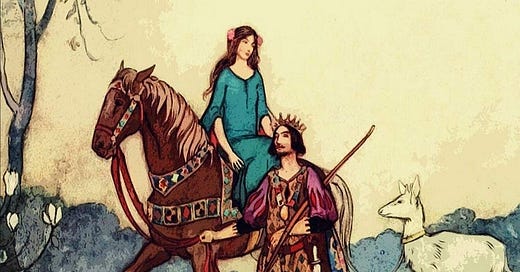The Dragon and The Raven 13
Study Guide Questions for Ch. 13 “The Siege of Paris”
If you are looking for the beginning of the study for G. A. Henty’s The Dragon and The Raven then you can go HERE for a brief introduction. At the bottom of the introduction you will find the links to each section of the study guide as it becomes available. If you would like to see the growing list of book studies available for free on this site you can go HERE. Enjoy!
Virtues/Vices/Great Ideas: (Find them in the Text)
Loyalty, Battle of Wits
Grammar Questions: (The Information of the Text)
What great danger caused Edmund and his crew to move further into the interior of France upon the Seine river?
How does the text describe the city of Paris at that time?
How well was Edmund and his crew received by Count Eudes?
What was done with the Dragon while Edmund and his men stayed in Paris to help?
What terms did Siegfroi offer Archbishop Goslin in or to avoid any bloodshed?
By what means did the Danes attempt to force their way into Paris?
What amazing feat did Abbe Ebble accomplish during the fight which bordered “on the miraculous?”
What did the Danes build which terrified the people of Paris?
What plan did Edmund come up with to strike a blow against the Danes?
Logic Questions: (Interpreting, Comparing/Contrasting, Reasoning)
Why was Siegfoi so intent on conquering Paris when there were so many easier targets?
Why would Archbishop Goslin and Count Eudes not accept Siegfroi’s terms?
What tactics do we see Edmund employing in this chapter that are similar to tactics he has used in the past?
Rhetoric Questions: (The Analysis of Ideas in the Text)
Archbishop Goslin was the civil governor of Paris. Do you think those who hold offices in the church (e.g. Pastor, Bishop, Cardinal, etc.) should also seek to hold offices in the civil government? Why or why not?
Theological Analysis: (Sola Scriptura)
Read Deuteronomy 16:18-17:20. What can we infer from this text about what distinctions should exist between civil and religious authorities? What can we infer about how they ought to interact with one another?



